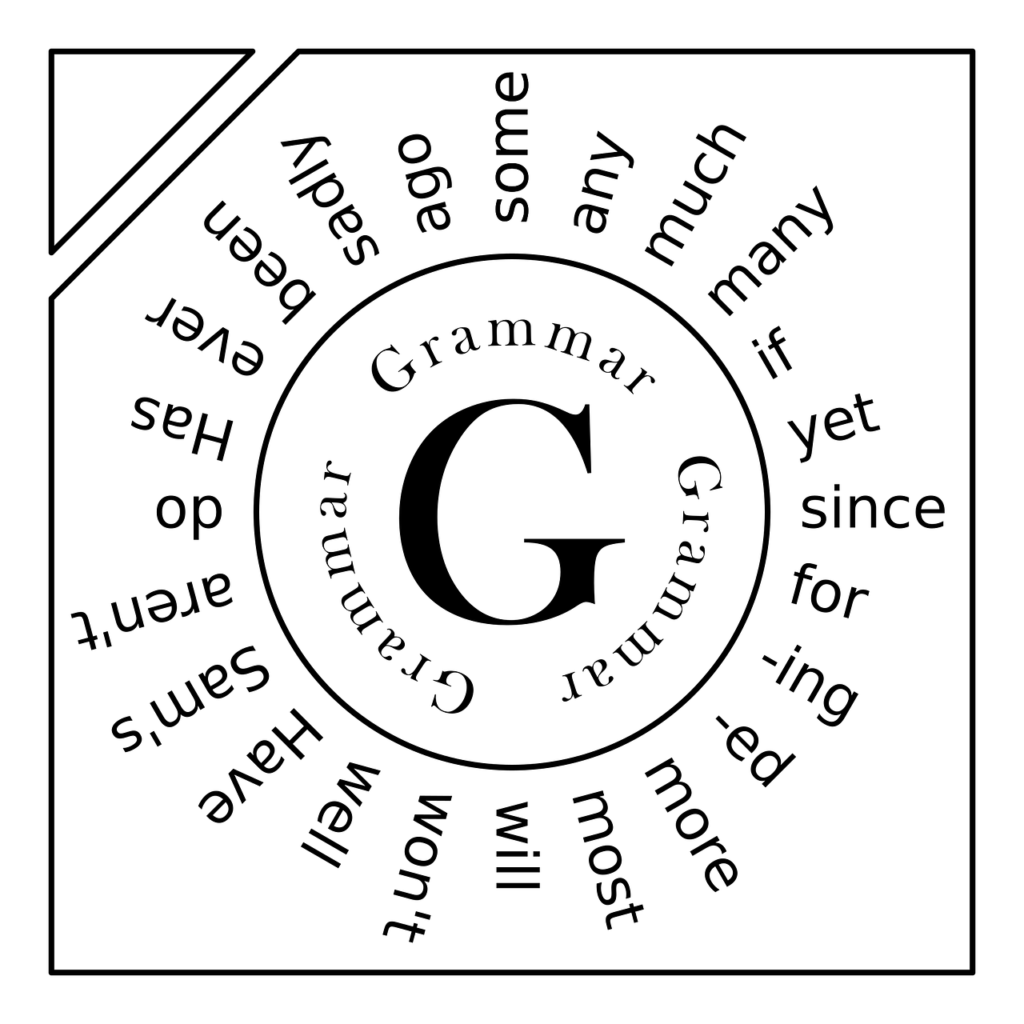Righting the Ship
The expression “righting the ship” is an idiomatic phrase in English that originates from nautical terminology. Literally, it refers to the act of restoring a ship that has tilted or capsized back to its upright position. Figuratively, it means correcting a situation that has gone off course, fixing problems, or regaining control after a period […]








